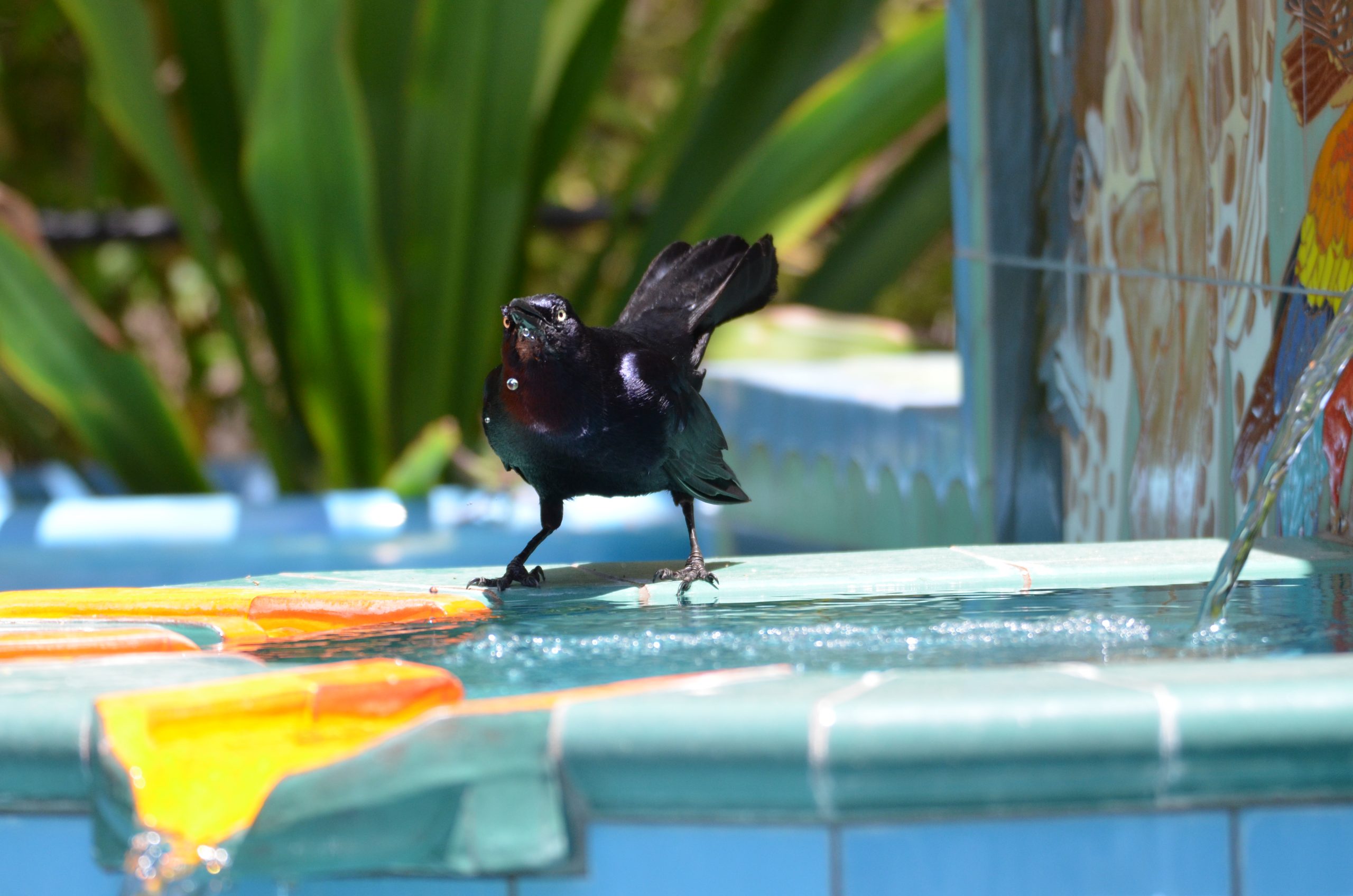
New research spreads light on how the great-tailed grackle has spread across North America
These results provide further support that behavioural flexibility represents a distinct axis of individual variation in behaviour.
Corina Logan
The successful spread of the great-tailed grackle across North America may be down to individual birds' ability to adapt their behaviour to new circumstances and environments, according to a new study.
Great-tailed grackles originated in Central and South America, but moved into North America between 1880 and 2000, expanding their range north from Central America into North America by over 5,500% over the course of 120 years following the expansion of human modified environments, their preferred habitat. They can currently be found in regions stretching from Venezuela to Louisiana and some have even been spotted in southern Canada. In Colombia, they are the official bird of Cartagena de Indias and its intelligence, adaptability and sociability have inspired many works by local artist Enrique Grau.
The new study led by Gates Cambridge Scholar Corina Logan [2008] and published today in PeerJ investigates whether there is a link between grackles' behavioural flexibility and other behaviour, for instance, a fear of new objects, risk aversion or motor diversity.
Behavioral flexibility is a characteristic which is considered important for a species to adapt to environmental change.
For her study, Corina put the birds through a series of tests, for instance, in their neophobia sessions they were subjected to 10-minute trials involving the placing of new objects next to their food bowl.
She found grackles did not vary in flexibility according to how neophobic they were. In fact, they were not generally neophobic because no significant differences were found in behaviour between controls and novel object trials.
She also found that flexibility did not vary according to how persistent an individual was or how many motor actions it tried when solving a new task. Additionally, she examined whether their exploratory tendencies explained flexibility variation by placing grackles in a novel environment and measuring how active they were and how much time they spent in the riskiest areas. Flexibility also did not vary according to these measures.
She says: "These results provide further support that behavioural flexibility represents a distinct axis of individual variation in behaviour."
Corina is now applying for grants to investigate this variation between grackle populations across their range in North and Central America. She is interested to find out if certain circumstances, such as length of stay in one particular area, how well fed they are or genetics play any part in determining which populations are best able to adapt to new challenges. She is also interested to see if grackles are more flexible in particular contexts.
*See Corina's experiments in action: https://youtu.be/_PQEaYxw0fw
For an overview of her research, see https://www.youtube.com/watch?v=WtanQqoISCs
Behind the scenes with Tequila: https://www.youtube.com/watch?v=X_Xl8cK5LLk












